
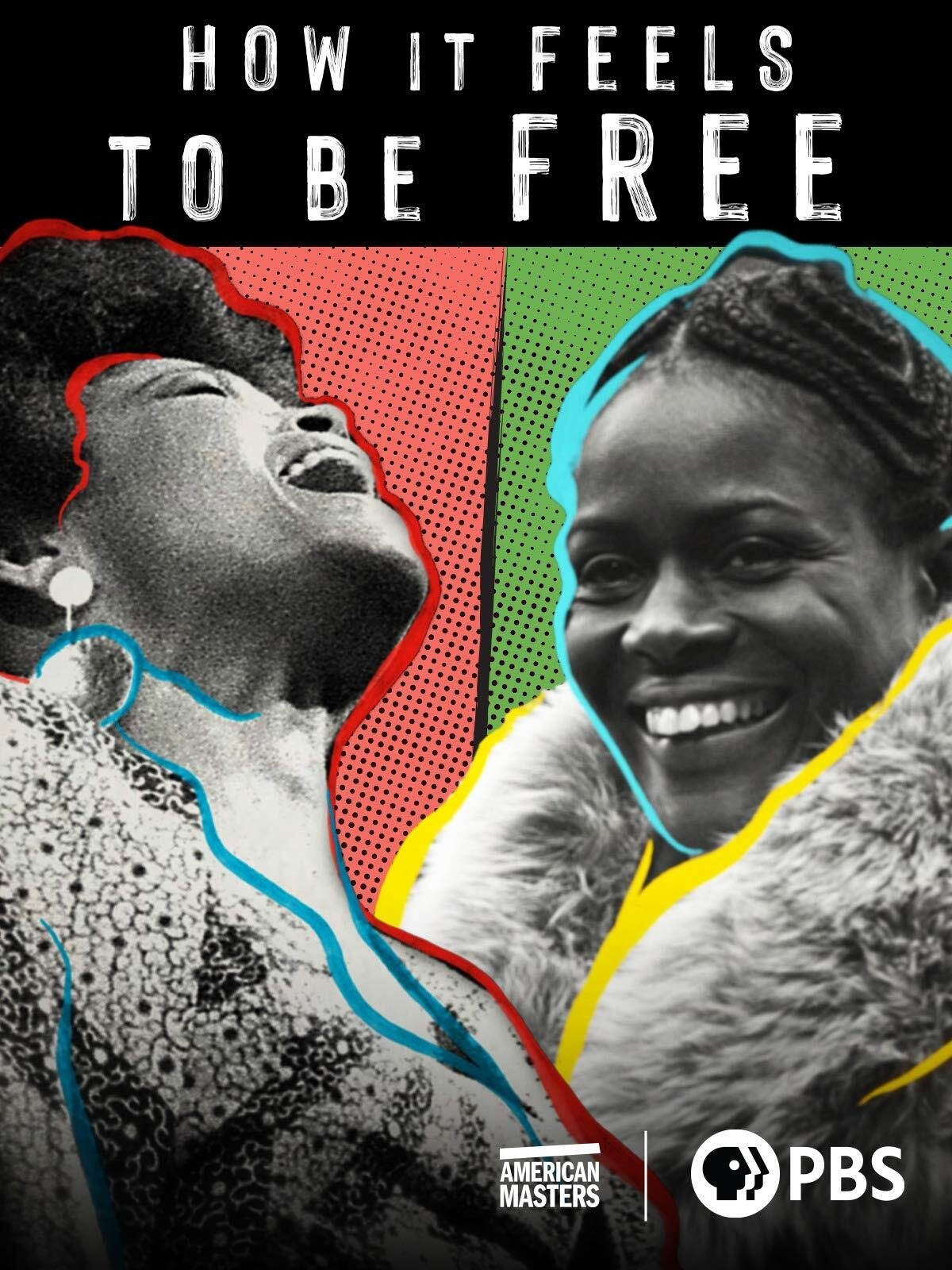
Tells the inspiring story of how six iconic African American female entertainers – Lena Horne, Abbey Lincoln, Nina Simone, Diahann Carroll, Cicely Tyson and Pam Grier – challenged an entertainment industry deeply complicit in perpetuating racist stereotypes, and transformed themselves and their audiences in the process.

Explore the dramatic career and personal struggles of the talented and tragically short-lived entertainer Judy Garland through rare concert footage, never-heard-before voice recordings and personal photos.
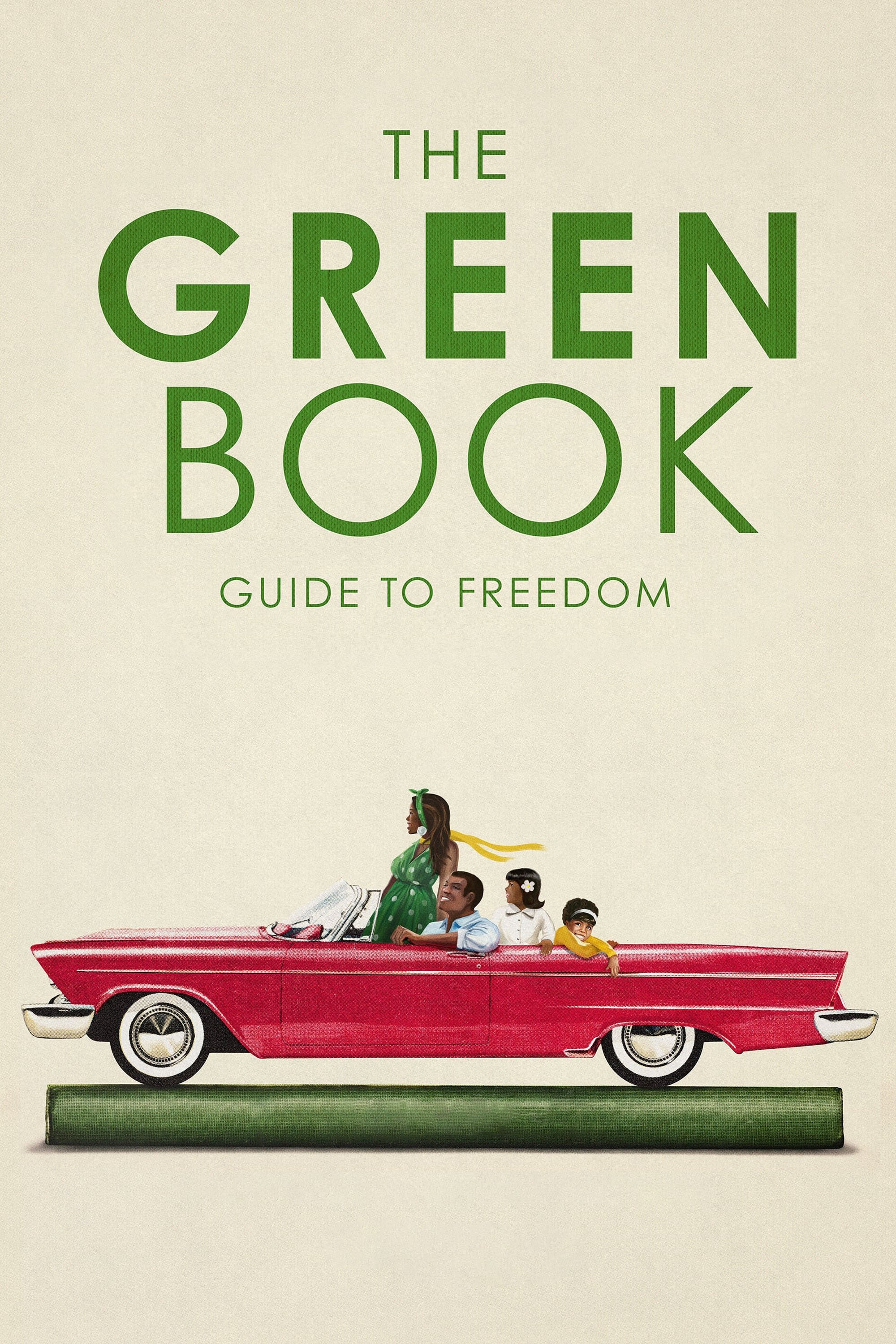
In 1936, Victor H. Green (1892-1960) published The Negro Motorist Green Book, a book that was both a travel guide and a survival manual, to help African-Americans navigate safe those regions of the United States where segregation and Jim Crow laws were disgracefully applied.
Despite the many curious similarities between Susan Hayward and Lena Horne-both were born in Brooklyn on exactly the same day, for example-one detail set their careers on very different paths. This doc examines their parallel lives.
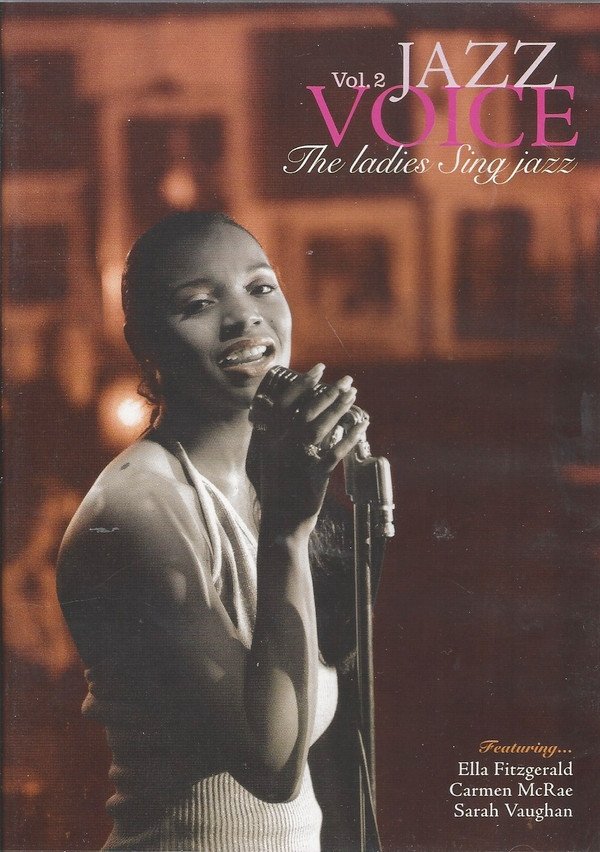
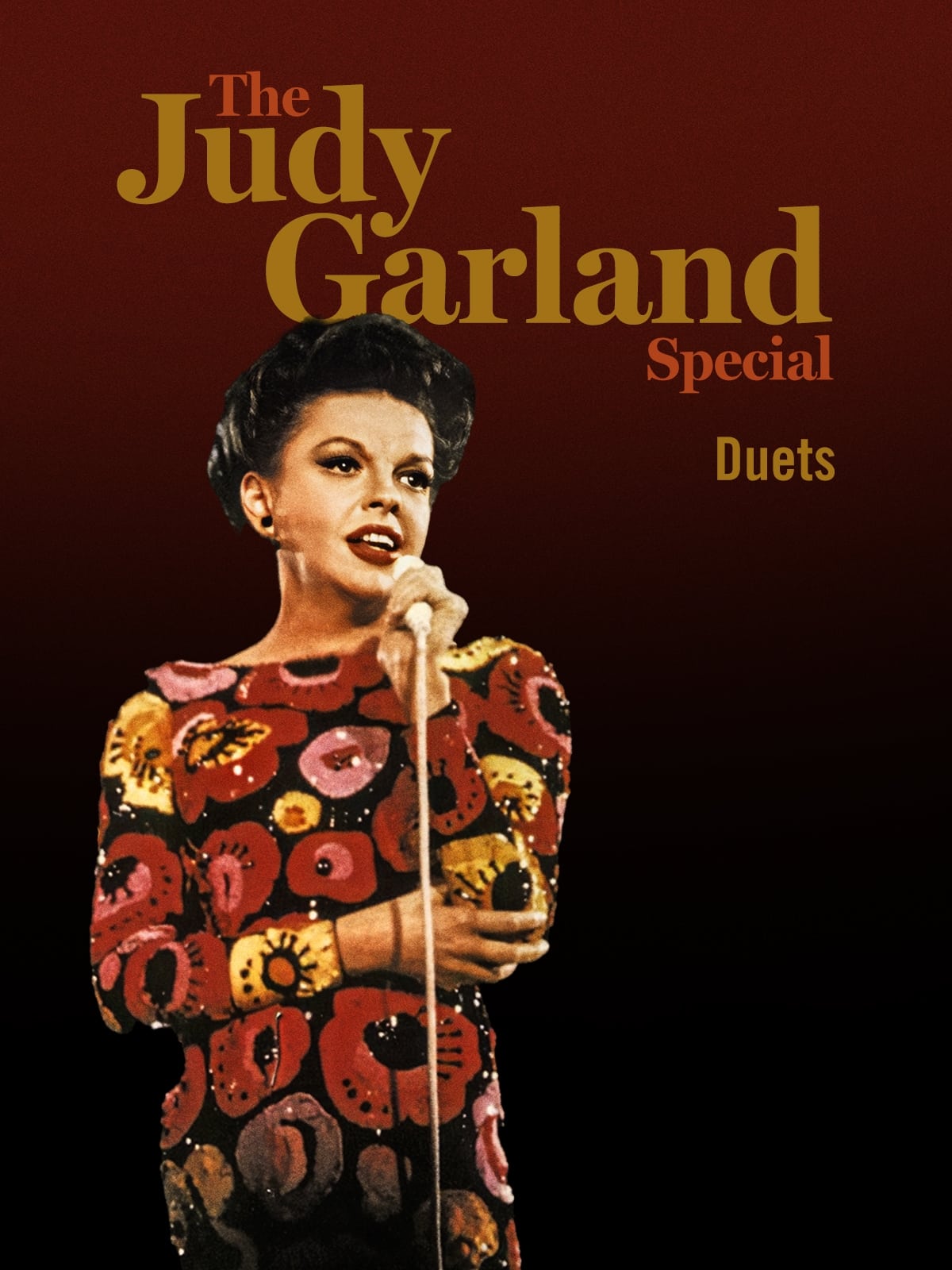
Judy performs beloved musical numbers with Barbra Streisand, Liza Minnelli, and more in this series of classic duets from The Judy Garland Show.
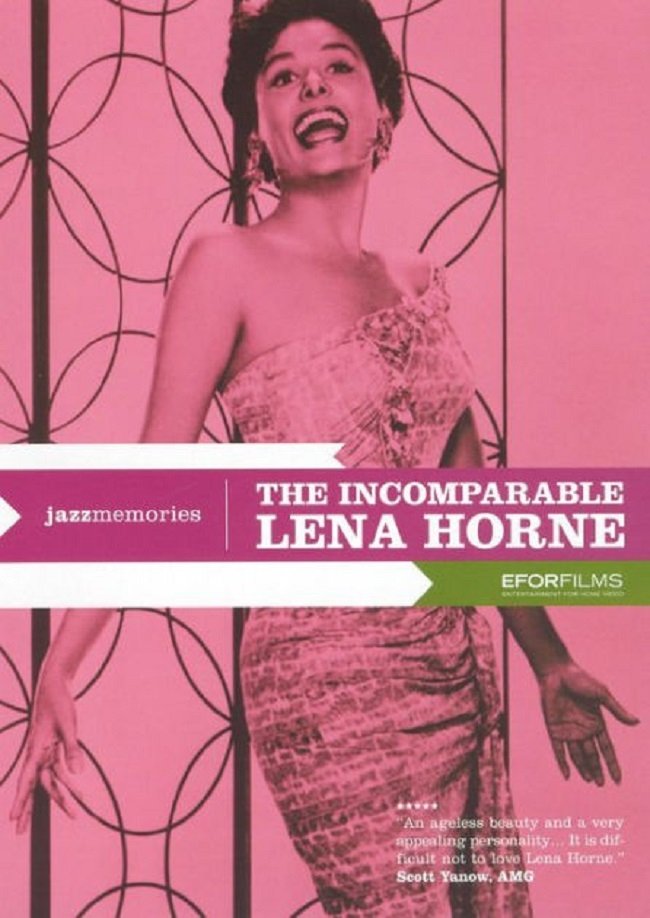
The life and career of one of America's leading cultural figures, told through video clips and rare photos.

He's furry, he's blue, and he's everyone's adorable, old pal, Grover, in his very own special! Come to the Flyers' Club Roost where everyone on Sesame Street has gathered to celebrate the many sides of Grover.
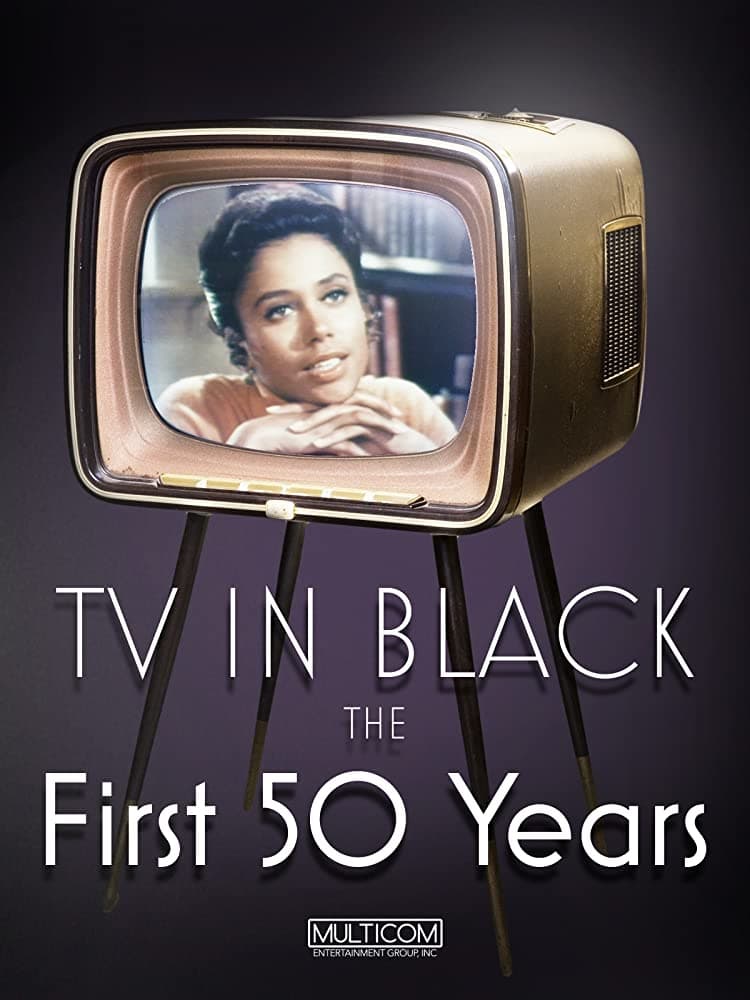
Discover how television has reflected the African American experience in this retrospective of the medium's first half-century. Actors, writers and historians discuss the image of black America on television from Amos and Andy to the present day. The interviews accompany clips from groundbreaking shows and performances by entertainment pioneers that create a timeline of the portrayal of African Americans throughout TV history.
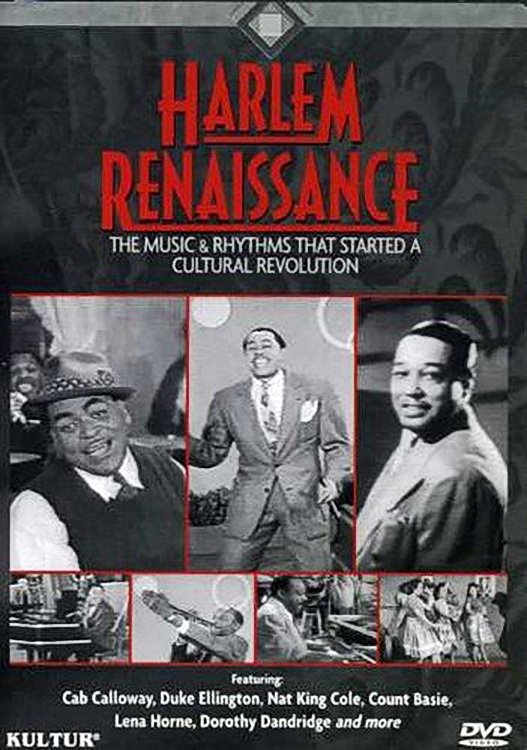
Chronicling the Harlem Renaissance era, this retrospective documentary tracks the origins of the soulful music of the period, along with the challenges many of the genre's artists faced when trying to gain recognition within conventional society. Included are anecdotes from musicians and historians, plus footage of performances and interviews with Cab Calloway, Duke Ellington, Count Basie and more.
Lena Horne (June 30, 1917 - May 9, 2010) was a singer, dancer, actress, and civil rights activist. Horne joined the chorus of the Cotton Club at the age of sixteen and became a nightclub performer before moving to Hollywood, where she had small parts in numerous movies, and more substantial parts in the films Cabin in the Sky and Stormy Weather. Due to the Red Scare and her left-leaning political views, Horne found herself blacklisted and unable to get work in Hollywood. Returning to her roots as a nightclub performer, Horne took part in the March on Washington in August 1963, and continued to work as a performer, both in nightclubs and on television, while releasing well-received record albums. She announced her retirement in March 1980, but the next year starred in a one-woman show, Lena Horne: The Lady and Her Music, which ran for more than three hundred performances on Broadway and earned her numerous awards and accolades. She continued recording and performing sporadically into the 1990s, disappearing from the public eye in 2000. Horne died on May 9, 2010 in New York City. During her lifetime, Horne was awarded four Grammys, a Tony, and a NAACP Image Award . She also received the Kennedy Center Honors in 1984.
By browsing this website, you accept our cookies policy.